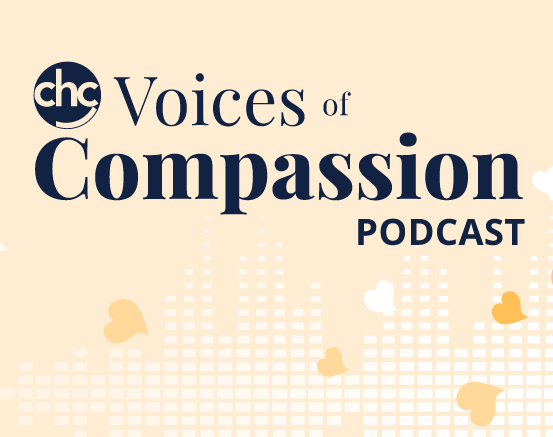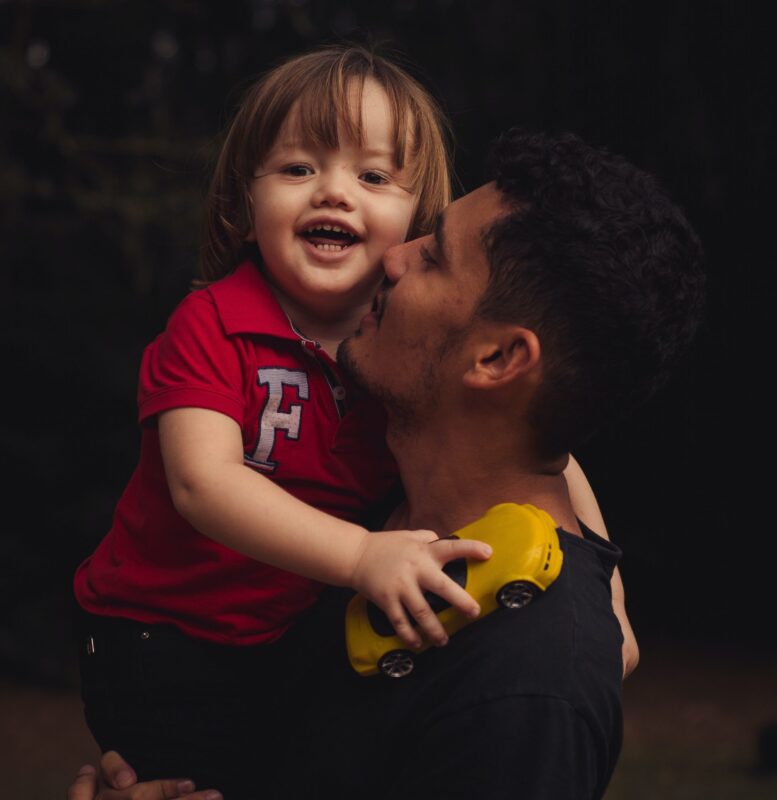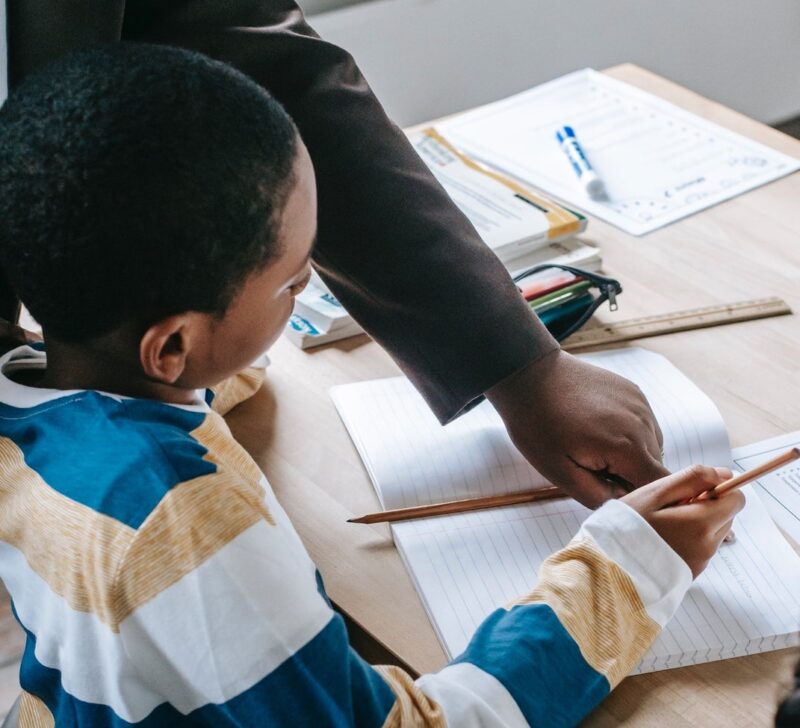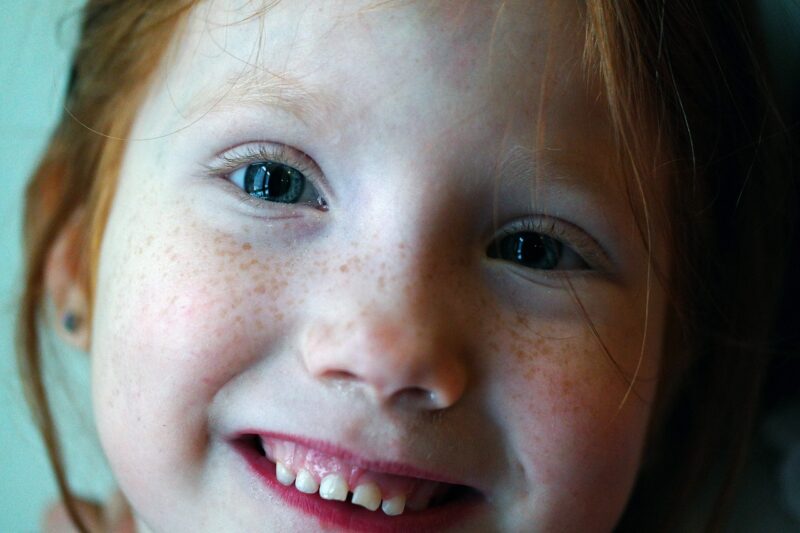
Could Your Child Have a Learning Difference?
Does your child have difficulty following directions, struggle with organization, or have trouble focusing on and completing schoolwork? The following checklist can help you determine whether your child should be assessed for a learning difference. Read more >>








